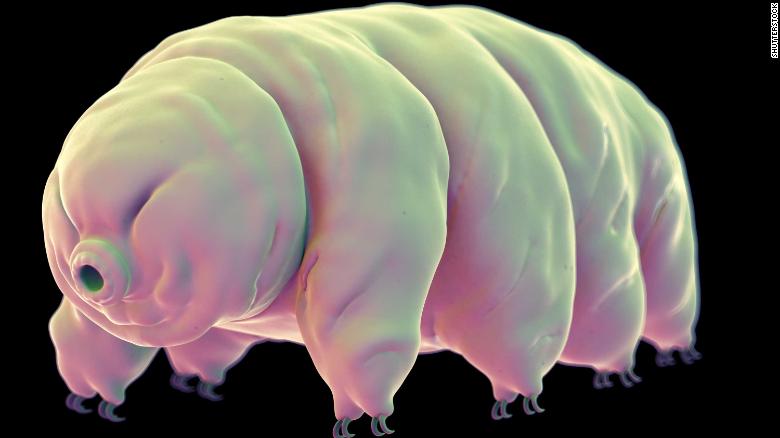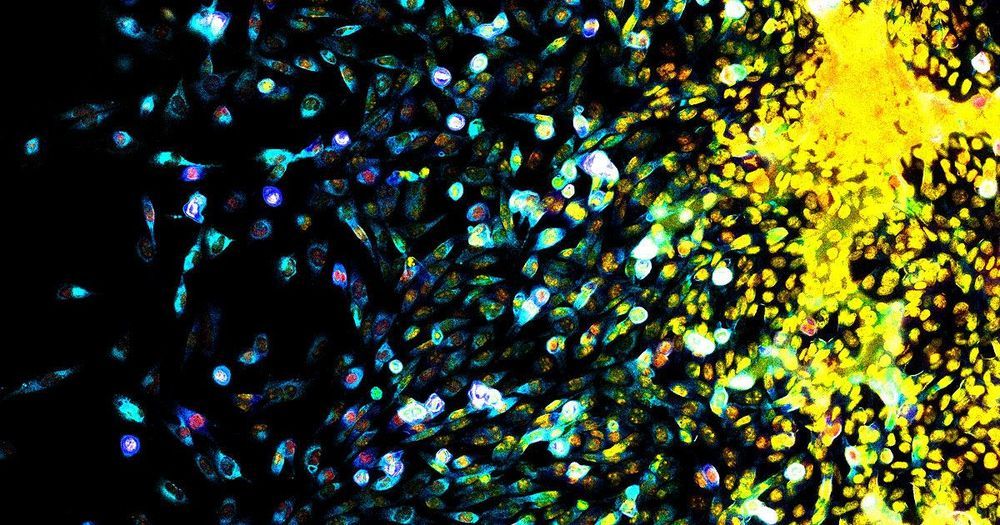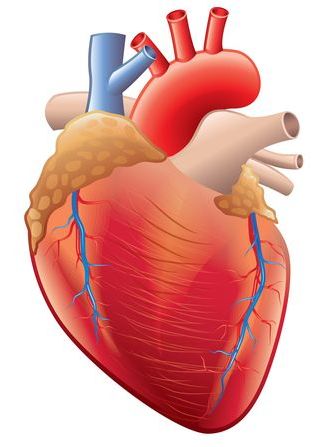
The Defense Department is looking to build tools that can quickly detect deepfakes and other manipulated media amid the growing threat of “large-scale, automated disinformation attacks.”
The Defense Advanced Research Projects Agency on Tuesday announced it would host a proposers day for an upcoming initiative focused on curbing the spread of malicious deepfakes, shockingly realistic but forged images, audio and videos generated by artificial intelligence. Under the Semantic Forensics program, or SemaFor, researchers aim to help computers use common sense and logical reasoning to detect manipulated media.
As global adversaries enhance their technological capabilities, deepfakes and other advanced disinformation tactics are becoming a top concern for the national security community. Russia already showed the potential of fake media to sway public opinion during the 2016 election, and as deepfake tools become more advanced and readily available, experts worry bad actors will use the tech to fuel increasingly powerful influence campaigns.


















